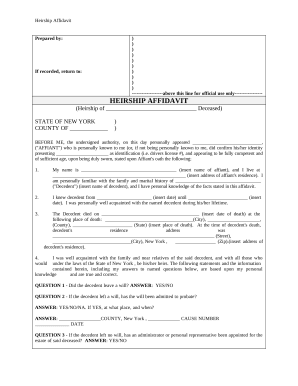
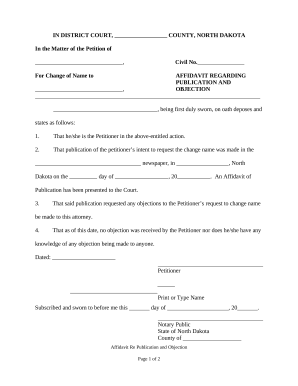

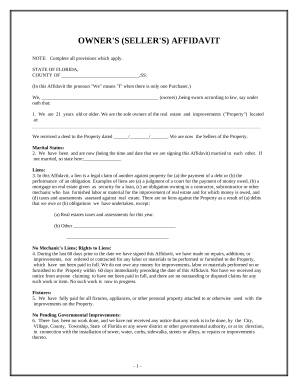
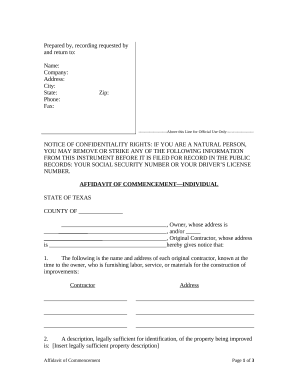
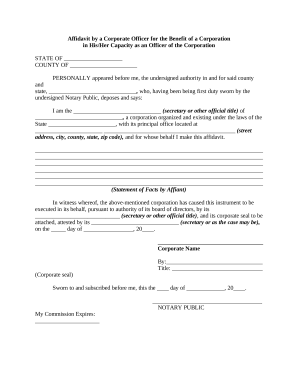
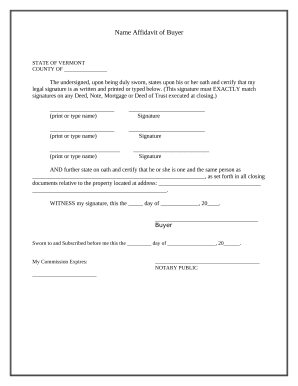
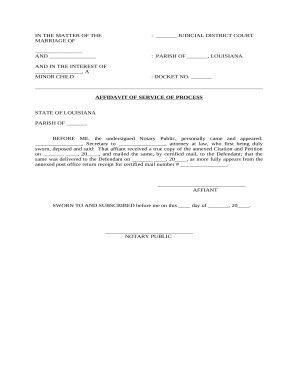
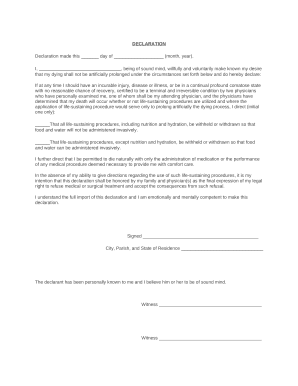
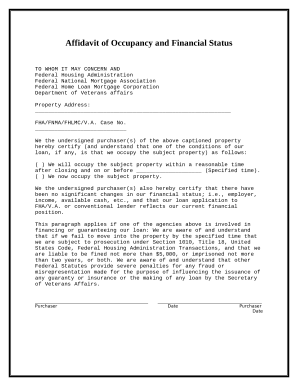

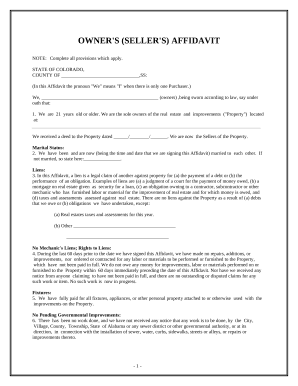

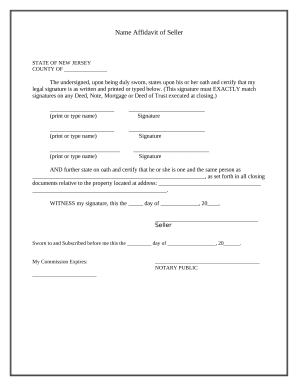
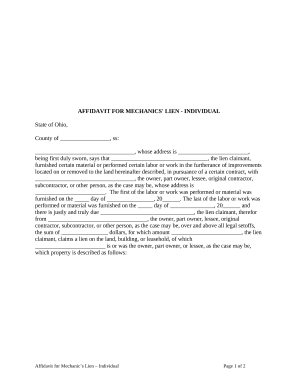

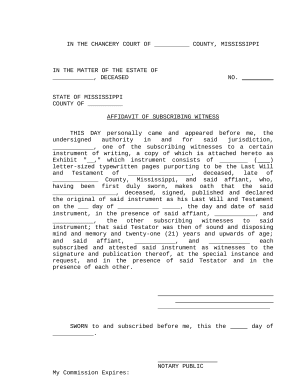
Your workflows always benefit when you can obtain all the forms and files you require at your fingertips. DocHub supplies a huge selection of documents to relieve your day-to-day pains. Get a hold of Affidavits and declarations category and quickly find your document.
Start working with Affidavits and declarations in a few clicks:
Enjoy seamless document administration with DocHub. Discover our Affidavits and declarations collection and locate your form today!